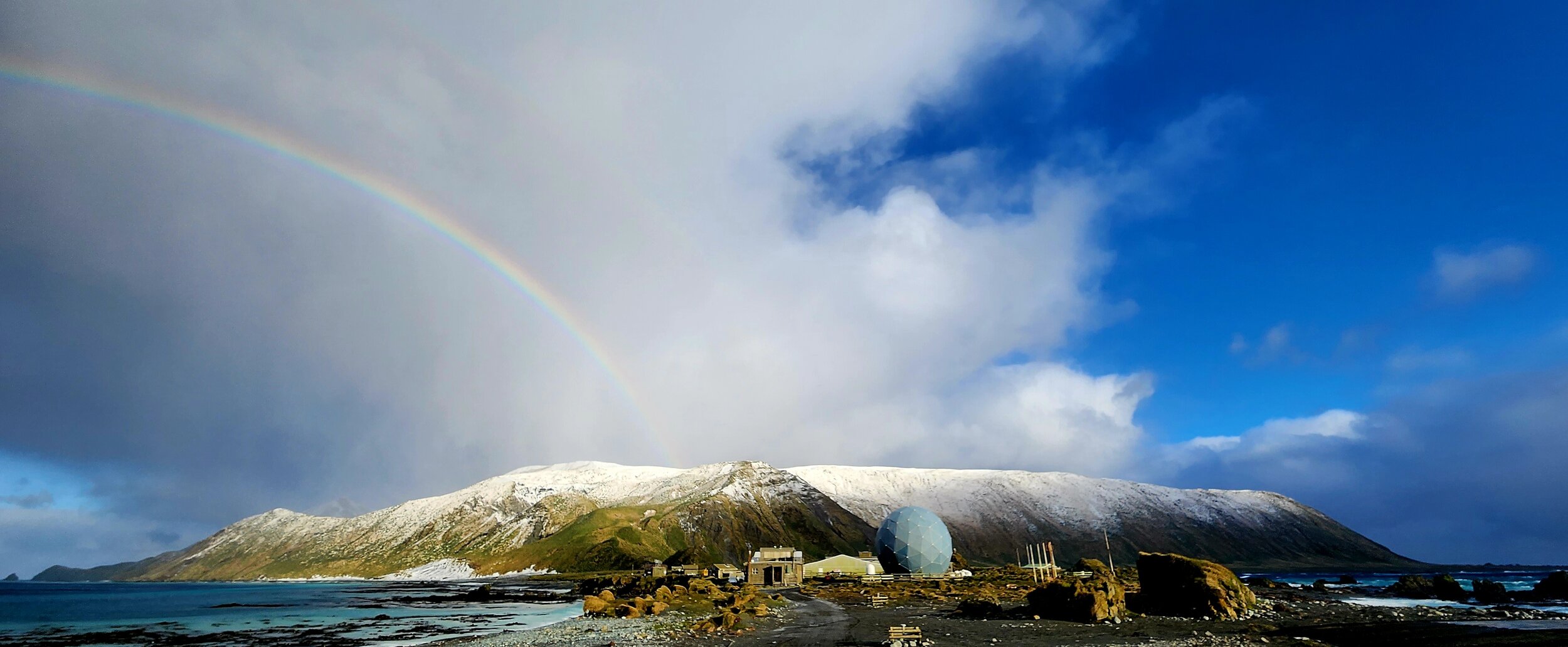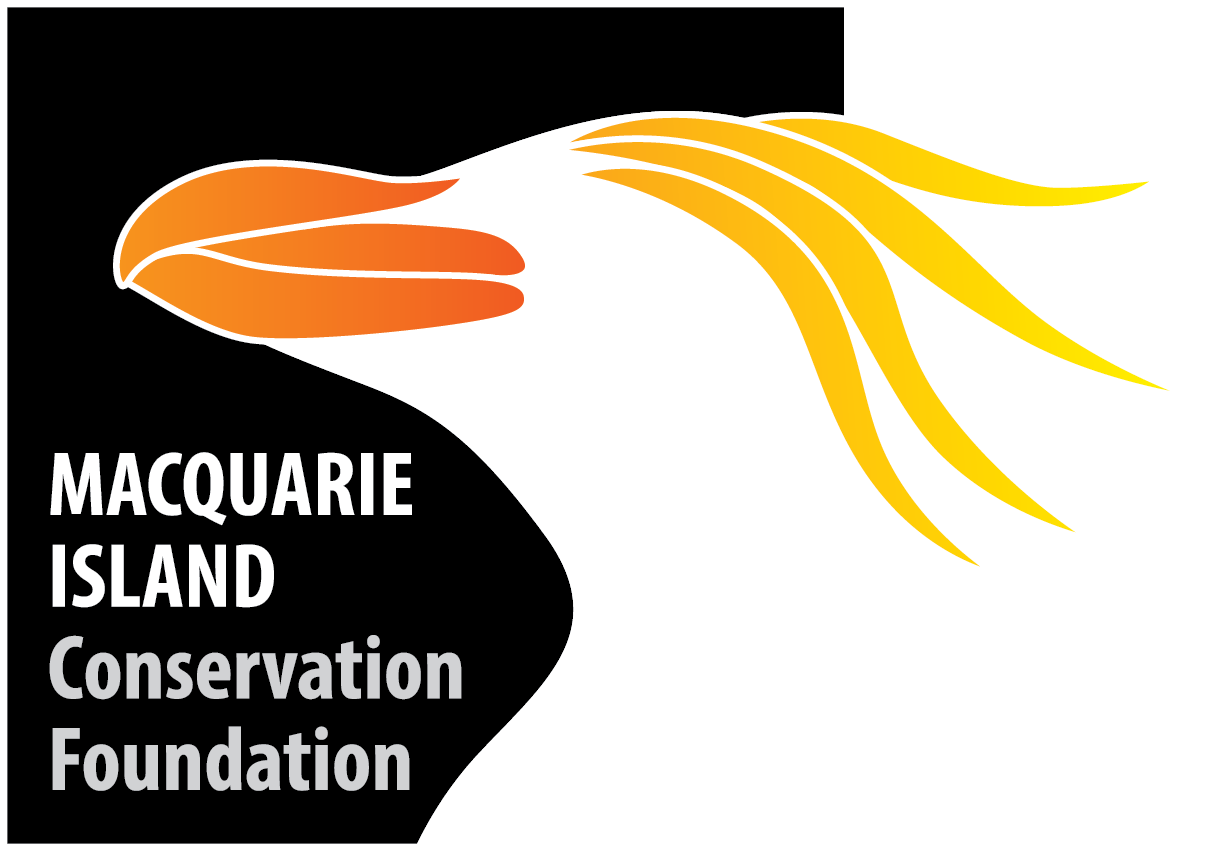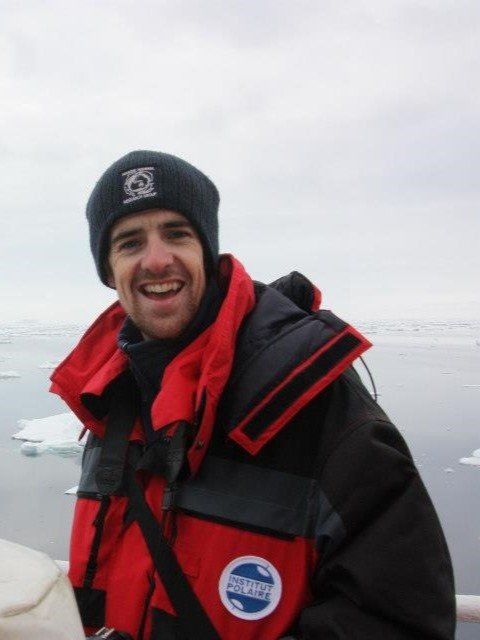
Grants and Project Opportunities
Photo: Greg Mercer
The Macquarie Island Conservation Foundation aims to deliver a sustainable funding stream to facilitate conservation, research and engagement initiatives that benefit Macquarie Island. We fund and facilitate science and research programs, as well as provide supplementary support to management initiatives, student research and outreach activities.
MICF Grants and funding are available to support researchers, students, members of the community and other groups to deliver projects targeted at the conservation of Macquarie Island.
We support projects through the MICF Annual Grant Round and the MICF Green Sponge Projects
Annual Grant Round
MICF’s small grant opportunity supporting projects with funds up to $7500. Applications open in October each year.
Green Sponge Projects
Have a larger or longer-term project seeking support? Our Green Sponge projects could be the answer. EOIs accepted year-round.
Grant sub-committee
All MICF Grants are assessed by the MICF Grant sub-committee. The Grant sub-committee includes external representatives knowledgeable in Macquarie Island conservation and research, a member of the MICF Management Committee, and an Independent Chair.
Jennie Churchill - Chair
Following a twenty-year career as a veterinary scientist, Jennie gained leadership, governance and management experience across not-for-profit organisations – including CEO of the University of Sydney Veterinary Science Foundation – Boards, media and communications, and government policy. A Graduate of the Australian Institute of Company Directors, she sits on the UTAS Animal Ethics Committee. Jennie has a deep interest in science-based conservation and was a Tasmanian Land Conservancy Board member for 10 years, three as Chair. Jennie followed the Macquarie Island pest eradication program closely and was thrilled to visit Macquarie in 2022.
Dr Cath Dickson
Cath is the Conservation Science and Planning Manager with the Tasmanian Land Conservancy (TLC), she has 20 years’ experience working in the not-for-profit eNGO and government sectors in southern Australia. While in South Australia Cath has focussed on threatened flora recovery and wetland restoration as one of the founding members of Nature Glenelg Trust, where she remained on the Board for over 10 years. Mid-career Cath completed her PhD at Monash University on the response of a dominant threatened flora species to climate change on Macquarie Island, which created a deep passion for the island, its biodiversity and effective conservation management. Cath has now returned to her other passion of applied conservation with the TLC in Tasmania, where she works with the team to undertake and integrate conservation science into best practice management.
Dr Clive McMahon
Clive is an ecologist interested in the behaviour and ecology of Southern Ocean mammals and birds and how their at-sea performance responds to the in-situ physical structure and functioning of the ocean, using miniaturized animal-borne sensors. Clive co-chairs the Animal Borne Ocean Sensor network (AniBOS) as part of the Global Ocean Observing System. These observations from remote and inaccessible regions such as the Antarctic Shelf, provide an unparalleled and integrated source of physical and behavioural data from the polar seas and surrounding oceans, allowing a better understanding of how the oceans are changing in response to global warming and what the consequences of these changes are on the performance and demographics of the marine mammals and seabirds that inhabit the polar oceans. Clive first undertook research on Macquarie Island in 1993.
Dr Ben Arthur
Ben is a marine ecologist and science communicator who has worked in the marine sciences for 15 years. He completed his PhD in 2016 and has led field research programs in Antarctica and the sub-Antarctic, including Macquarie Island, with the Australian, French and South African national Antarctic programs. Ben has circumnavigated the Australian continent on marine research voyages. He currently coordinates marine science engagement at the CSIRO Marine National Facility, where he also acts as a voyage manager coordinating complex, multi-million-dollar research voyages. Ben is a passionate communicator of science and its importance to our everyday lives.
Bianca Priest
Bianca has over 24 years’ experience in natural resource management, delivering ocean and protected species policy, program, and operational outcomes for the Australian Government and eNGOs. During the past 16 years in Government, Bianca has worked on flagship marine conservation programs including: Marine Bioregional Planning; Management Plans for Australia’s national networks of Australian Marine Parks; and overseen management of 60 Australian Marine Parks and three island parks. Bianca has also worked on bilateral and multilateral programs for the Australian Government including a posting to PNG to deliver the Environment Pillar of the Kokoda Initiative, and to support implementation of the Coral Triangle Initiative in Solomon Islands. Prior to joining the public service, Bianca managed national and state-based shorebird conservation programs for eNGOs, including Birdlife Australia and WWF-Australia. Bianca has a Master of Wildlife Management from Macquarie University and a Bachelor of Science (Resource and Environmental Management) from the Australian National University. Bianca visited Macquarie Island in 1999 during a marine science voyage.





